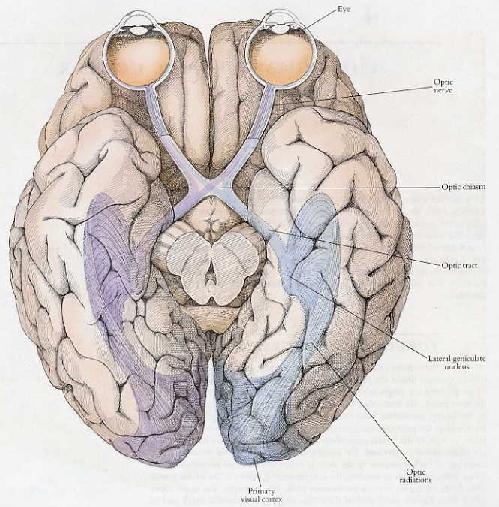 Morality
Morality 
Navigating
Karen Horney, M.D.
Neurosis and Human Growth: The struggle toward self realization. (1950)

characterizations | the self | morality | defining character
"Broadly speaking, there are three major concepts of the goal of morality which rests on different interpretations of essential human nature."
1: status naturae "that man is by nature sinful or ridden by primitive instincts (Freud)."
2: Manichean perspective, "Yet the positive program rests either on supernatural aids or upon a strenuous ideal of reason or will, which in itself suggests the use of prohibitive and checking inner dictates."
3: Self-realization "Lastly the problem of morality is again different when we believe that inherent in humanity are evolutionary constructive forces, whuch urge people to to realize their given potentialities."
pp. 14-15.
We arrive at a morality of evolution, in which the criterion for what we cultivate or reject in ourselves lies in the question: is a particular attitude or drive inducive or obstructive to my human growth?"
p. 15.
"As the frequency of neuroses shows, all kinds of pressure can easily divert our constructive energies into unconstructive and destructive channels."
"We do not need them because we see a better possibility of dealing with destructive forces in ourselves: that of actually outgrowing them "
p. 15.
"Lastly, the problem of morality is again different when we believe that inherent in man are evolutionary constructive forces, which urge him to realize his given potentialities."
p. 15
"This belief does not mean that man is essentially good – which would presuppose some knowledge of what is good or bad. It means that man, by his very nature and of his own accord strives toward self-realization, and that this set of values evolves from such striving."
p. 15
"Apparently he cannot grow if he indulges in 'a dark idolatry of the self.' (Shelley)"
p. 15.
characterizations | the self | morality | defining character | What science is
"Self-knowledge, then, is not an aim in itself, but a means to liberating the forces of spontaneous growth."
p. 15.
"In this sense, to work on ourselves becomes...,the prime moral privilege."
p. 15.
characterizations | the self | morality | defining character
Defining a neurotic personality disorder
"The neurotic process is a special form of human development, and --because of the waste of constructive energies which it involves--is a particularly unfortunate one."
p. 13.
The "neurotic" -- "a person in whom neurotic drives prevail over healthy strivings."
p. 39.
"Under inner stress, however, a person may become alienated from his real self. He will then shift the major part of his energies to the task of molding himself, by a rigid system of inner dictates, into a being of absolute perfection."
p. 13.
"intrinsic potentialities will develop."
p. 17.
The search for glory, on the other hand, springs from the need to actualize the idealized self. The difference is basic because all other dissimilarities follow from this one."
"Because self-idealization is in itself is a neurotic solution and, as such is compulsive in character, all the drives resulting from it are of necessity compulsive too."
p. 38
characterizations | the self | morality | defining character
Dualism healthy neurotic behavior motive emphasis focus affect limitations Neurotic compulsion "it speaks to two powerful desires: the longing for the infinite, and the wish for an easy way out."
p. 39.
The result is a bifurcation of the self, an enduring estrangement, and ultimately self loathing if left unexamined.
We have now traced a neurotic development that begins with self idealization and evolves step-by-step with inexorable logic to a transformation of values into the phenomenon of neurotic pride."
"…he is bound to look at his actual self – all that he/she is at a given time, body mind, healthy and neurotic–from the wrong perspective."
p. 110.
characterizations | the self | morality | defining character
Overview | morality | neurotic claims | origins of self-estrangement | tyranny of | therapy.
Writing | writing from texts | how to approach writing | writing papers | writing & world views | What science is
Science Index | Site Analysis | Population Index | Global Warming Index | Nature Index | Brief

